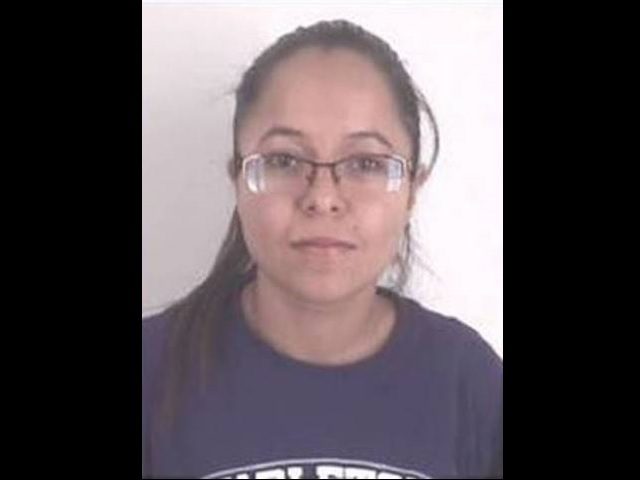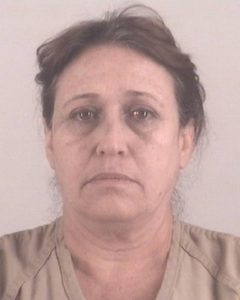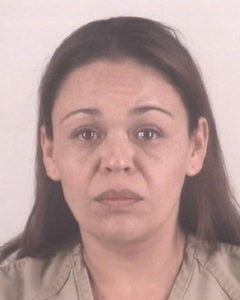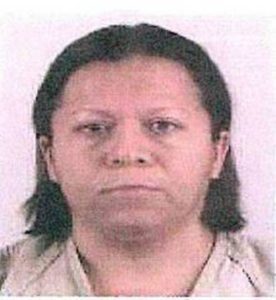Four North Texas women, allegedly members of an organized “voter fraud ring,” were indicted on 30 felony counts of voter fraud following an investigation by the Texas Attorney General.
The defendants were paid to target elderly voters in select northern Fort Worth precincts in a scheme to generate a large number of mail-in ballots and harvest them for specific candidates in 2016, according to a press release from the AG’s office.
The AG’s Election Fraud Unit said the women carried out their scheme by “seeding” or proliferating mail ballots to the targeted precincts through forged signatures, altering historical applications, and resubmitting them without the voter’s knowledge. The AG’s office did not state which candidate races this involved or how the fraudsters were compensated.
However, the Fort Worth Star-Telegram reported the fraud largely affected the 2016 March Democratic Party primary election, according to the indictments.
Leticia Sanchez, 57, faces 17 counts of voter fraud, including marking one voter’s ballot without his consent and providing forged signatures for three people on March 2016 ballot applications, according to the Star-Telegram. Purportedly, she altered and submitted mail ballot applications for 13 people in Democratic Party primary races. None of these Tarrant County voters reportedly requested absentee ballots.
Leticia Sanchez Tepichin, 39, faces nine counts of voter fraud. She allegedly provided forged signatures on two mail-in ballot applications. Seven other charges alleged Tepichin solicited, encouraged, directed, aided, or attempted to aid others in altering and submitting false information on mail ballot applications in the 2016 March Democratic Party primary election. Again, voters did not apply for absentee ballots.
Maria Rosa Solis, 40, was charged on two counts for forged signatures on two early voting ballot applications in January 2016. Laura Parra, 24, faces one count for forging a signature on an early voting ballot application, say authorities.
“Ballots by mail are intended to make it easier for Texas seniors to vote. The unfortunate downside is their extreme vulnerability to fraud,” said Paxton. “My office is committed to ensuring that paid vote harvesters who fraudulently generate mail ballots, stealing votes from seniors, are held accountable for their despicable actions and for the damage they inflict on the electoral process.”
Paxton’s office explained, “When ballots are mailed out by the election offices, harvesters attempt to either intercept the ballots outright, or to ‘assist’ elderly voters in voting their ballots while ensuring that the votes are cast for the candidates of the harvesters’ choice. In most cases, the voters do not even know their votes have been stolen.”
Many of the defrauded seniors had to cancel their mail ballots and vote in person. The AG’s office noted “some were forced into receiving primary ballots for the party supported by the harvesters,” although this did not reflect the voters’ party of choice.
The Public Interest Legal Foundation (PILF), a national election integrity law firm, applauded Paxton for “excellent work” to prosecute an “organized voter fraud ring in North Texas.” The Foundation also advised: “Texas must build voter ID elements into the mail voting system to cut down on illegal ballot harvesting and assistance.”
Last year, state lawmakers tackled part of the problem legislatively with Senate Bill 5 (SB 5). It stiffened and graduated penalties for mail-in ballot fraud. It also barred the use of electronic signatures and mandated signature verification on absentee ballots. The PILF called SB 5’s stronger penalties a positive step but argued Texas must shore up voter ID requirements built into the mail balloting system. The nonprofit cited the Kansas model which requires a citizen to provide a driver’s license number or other forms of identification when requesting to vote by mail.
In January, the PILF criticized Dallas County Commissioners for adopting flimsy mail by ballot rules triggered after two contentious May 2017 Democrat city council seat races led to sequestering 700 suspicious mail-in ballots. An AG assisted criminal investigation and an indictment followed.
Commissioners capped the number of absentee ballots a candidate or individual could receive from the Dallas County Elections Department, but anyone could download and print unlimited numbers of mail ballots from the county website.
Direct Action Texas, a Dallas-based political advocacy organization, likened the new rules to “smoke and mirrors” because the same self-printing policy existed in 2017 when the mail-in ballot debacle happened.
In 2016, the state launched the largest voter fraud investigation in its history after Direct Action Texas unmasked mail-in ballot voter fraud in Tarrant County.
Follow Merrill Hope, a member of the original Breitbart Texas team, on Twitter.




COMMENTS
Please let us know if you're having issues with commenting.